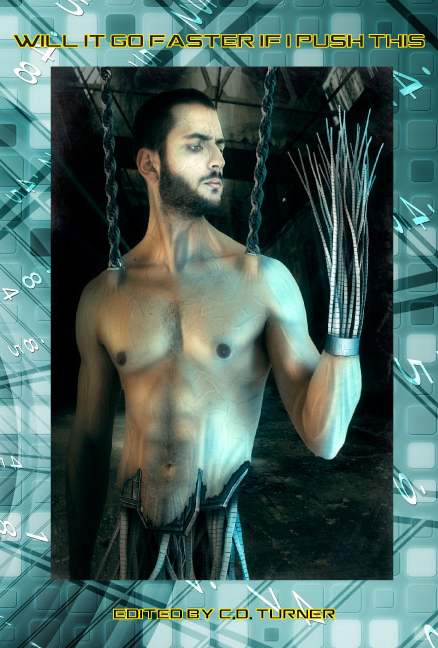“History’s third dimension is always fiction.”
(Hermann Hesse, Magister Ludi – The Glass Bead Game)
When 100,000 years ago Milankovitch published in the 1930s his hypothesis about the next Ice Age, many scientists were excited, only to later criticize and ridicule his ideas. But now, at school and at home, we are being taught that indeed the eccentricity of Earth’s orbit, the tilt of the Earth’s axis toward or away from the Sun, and the degree of the wobble of Earth’s axis of rotation brought us into the latest Ice Age.
Fortunately, the world was prepared for such a drastic change, for it didn’t happen all of a sudden, but over a long period of time. People from the outmost northern and southern territories of the two hemispheres migrated to places near the Equator. It was too cold for the nations to fight, too many people froze to death to be selfish. Visas were not important anymore. Religion, belief, creed, and nationality had no say in who was allowed to settle down in the warmer countries. By warmer it was understood that temperatures were between zero and ten degrees Celsius during the warmer season, when the Sun was seen more often in the icy sky.
Humans were adaptable, so they changed to fit into the new climatic situation. Warmer clothes, insulated homes, a different diet, a new type of energy, new means of transportation, a new worldwide currency, and a new international language. Even the zoological and botanical gardens became different, populated with new species that had either adapted or emerged from the new weather conditions.
Because many documents had been lost or destroyed during the great migration, historians had a hard time listing all the changes that the Ice Age had caused to the New Earth. What I knew for sure was that Thailand, my new motherland, was almost the same 100,000 years ago, where my ancestors, coming from a land full of myth and history called Transylvania, had traveled widely. I was fortunate enough to have talented grand-grand-grand…-fathers who loved to put words on paper and describe so passionately the places they had visited. It was from their works that I found out about the beautiful and famous Land of the Smiles, now called River Land, visited by thousands of people each year.
In the tradition of my ancestors, I write now, not for me, not for my sons, not for glory, as my ancestors did, but for the future. I write for the new Milankovitch who will predict the time when humanity, as I know it today, now covered in ice and snow, will end and enter once again into a blooming spring. I write so that people, millions of years from now, will understand why Thailand remained a popular destination.
100,000 years ago people came to Thailand to see great temples, bask in the sun on what were then some of the most beautiful beaches on Earth, meet the friendly Thai locals, or hike in the northern mountains. With the coming of the Ice Age, all these things gradually disappeared, the great temples froze and later crumbled to pieces, the coastline changed into a desolate stretch of land, the indigenous Thais mixed into an unrecognizable degree with the immigrants, and the northern mountains became just another skiing location for the X-sports aficionados.
What people from all over the new world come today to see here is the only thing that has remained unchanged from the time of my ancestors. When the Ice Age started and snow didn’t melt anymore, the water from the lakes, rivers and seas evaporated only to be subsequently transformed into snow and then glaciers. Lakes and rivers disappeared all over the world, and the sea level dropped tens of meters. Scientists said that it was a miracle that only one river, Thailand’s Chao Phraya, didn’t evaporate away. Thus, like so long ago, the river attracted thousands of curious tourists. They come here mostly during the warmer season, when the ice that covers the river melts down, and they can get a glimpse of how the world was really like 100,000 years ago.
A knock on the door made me put down the pen. “Come in.”
My sons stormed in, all dressed up in their thick coats and boots. “Where do you think you’re going?”
“Ice-skating, dad!”
“The sports complex is closed for renovation. You know that!”
“Please, dad. Take us to the River.”
How could I have possibly refused them?
(April 2006)
Originally published in Will it go faster if I push this,
edited by C.D. Turner, Static Movement, 2011, p. 147-149


An interesting mixture of future scenarios and adventures in Thailand, might even be a first! Nice Job!